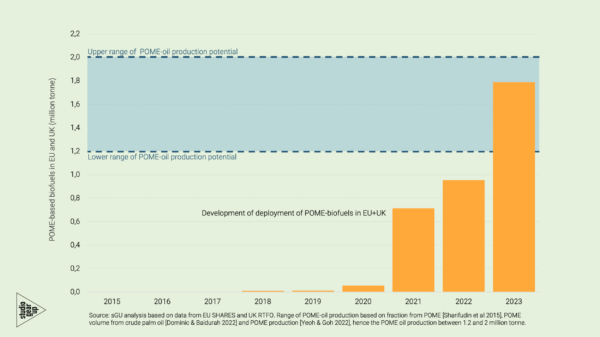Europe is transforming towards a low-carbon and resource efficient economy. This will impact various economic sectors such as; the energy, transport and mobility, and the agricultural sector.
As a result, many EU Member States are exploring pathways to restructure their energy production and consumption patterns. Several countries are designing processes to reach a sustainable fuel mix.
These developments are guided through European and national regulations. At both European and national level regulations are in place and updated on continuous basis following new insights, often provided for by civil organisations.
For companies, many market opportunities will spring from these developments. By viewing compliance as an opportunity, companies start converting ‘conventional’ to ‘green’ offerings. A following step is designing new sustainable products or processes and ultimately find new sustainable business models.
For the various parties in this process, studio Gear Up identifies and creates the best opportunities in sustainable low carbon options.


